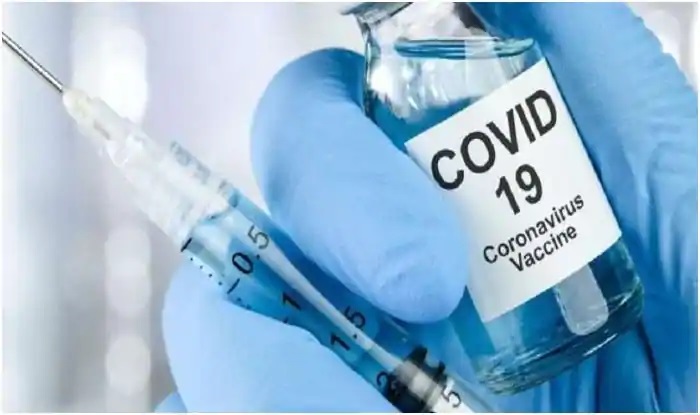New Delhi, 24 August, 2020: IIT Alumni Council which is a global body of alumni, students and academicians across Indian Institutes of Technology in India, has withdrawn its COVID Vaccine development programme. It said that "none of the available approaches and claims were adequately backed by disclosed scientific data, patient research and clinical studies."
The body said that a hastened approach towards developing the vaccine for commercial and mass use might have long-term safety implications.
"IIT Alumni Council team concluded that developing a vaccine based on conventional research and clinical trials takes several years. Even then there is no certainty. For Example, even after 28+ years and over USD 100 Billion of funding, a HIV Aids vaccine is yet to succeed. Commercialising a vaccine within a few weeks or months should not be done considering safety aspects. The first logical step to developing a universal vaccine is accelerating research using simulation in preference to actual patient trials. It may not be advisable to subsidise or mass deploy a vaccine whose safety and long-term efficacy is unproven," said Ravi Sharma, President of the IIT Alumni Council.
The Vaccine Initiative was part of the six-month C19 Task Force launched in the month of February by the IIT Alumni Council. The six-month C19 Task Force was set up by the Global Board of the IIT Alumni Council to supplement and complement the efforts of the central and state governments in the fight against C19. Its term ended on August 15th, 2020.
"CART BEFORE HORSE" APPROACH BASED ON COMMERCIALIZING VACCINE BEFORE ADEQUATE RESEARCH AND CLINICAL TRIALS HAS UNKNOWN LONG-TERM SAFETY IMPLICATIONS.
AshokSingh, an IIT Alumni leader who has been closely associated as a key volunteer of theC19 Task Force, said that it requires heavy research and lots of patience to develop vaccines to be used at mass scale. "Getting a vaccine right is like getting a hole in one in golf - possible but really hard to predict or achieve. Especially if you are playing blindfolded - which is the case when anyone tries to develop a vaccine without having adequate research data," Singh Said
The body also doubted whether it’s a right approach to invest so much energy and resources on developing a vaccine for COVID. "Somewhere we have to consider the mathematics of an ambition statement. No more than 2% of COVID patients need critical care. There is a fair surety that most of these can be cured by antibody-based biologics. On the other hand, for vaccination, we would probably need to vaccinate 98% of our population. Chasing 2% of the population with a 98% sure cure has a far better probability of success than chasing 98% of the population with a 2% surety of safety and efficacy," said Daljit Singh, an IIT Alumni and former President of Fortis Healthcare.
The IIT Alumni Council acts as a network and as a bridge between various providers of knowledge, information, ideas and expertise to promote technological solutions to social challenges.




















.jpg)



